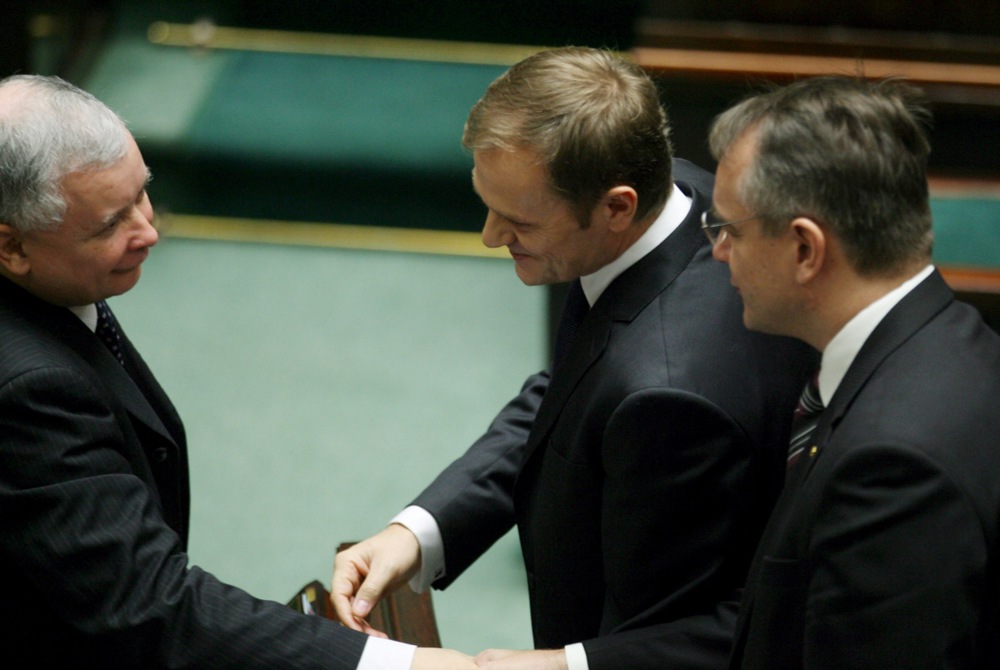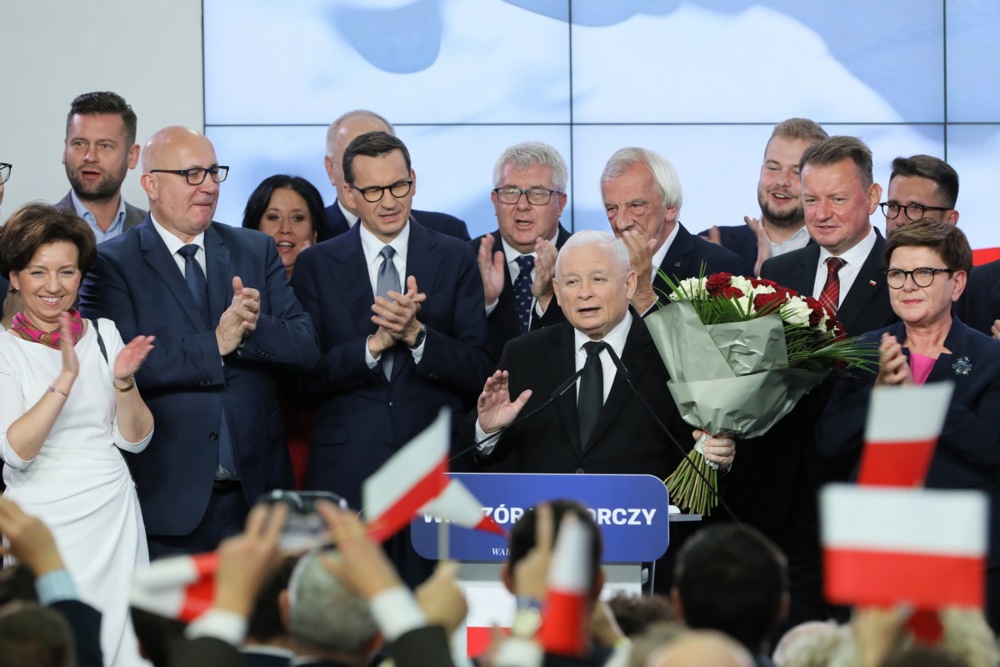Poland’s outgoing justice minister Zbigniew Ziobro is trying to pressure the new Polish Parliament majority by challenging in the country’s constitutional court the European Union regulation to phase out internal-combustion engine vehicles from 2035 as part of the community’s efforts to reduce carbon emissions.
Poland has opposed the new EU rule within the Council of the European Union but the proposal was approved by a “qualified” majority.
Ziobro and the Polish Government are now challenging the EU edict in the constitutional court by arguing that, according to EU treaties, the decision regarding internal combustion engines should have been made unanimously.
The minister made clear he was taking the case to the court because he believed that “together with the likely new government in Poland, the EU is attempting to curtail the freedom of Poles to decide what cars they want to drive”.
He called the EU regulations “ideological madness” which lead to “an encroachment of people’s freedom, poverty, unemployment and mobility exclusion”.
In an attempt to show that the Polish Right would remain sceptical about EU climate policies, illustrating a major difference between it and the Liberals and the Left, Ziobro pointed out the ban on internal combustion engines was supported by parties that now have a majority in the Polish Parliament.
On October 20, he revealed that the court case will include an assessment of possible damage to the Polish economy that would be caused by the introduction of the engine ban.
The minister said he hoped the court would rule on the case quickly in order to prevent the new government trying to make the EU regulation a reality in Poland.
“Our job is to defend Poles when someone wants to rob us of our freedom and cause mobility exclusion,” he said.
The announcement of the court move was Ziobro’s first public appearance since the election results were confirmed.
He leads the Sovereign Poland party, part of the Conservative PiS block that has ruled Poland since 2015, and which now has 18 of the 194 seats PiS holds.
Ziobro and his party have been arguing for a more Eurosceptic approach by the government on climate issues and on defying EU edicts on the rule of law.
In 2021 he clashed with the outgoing Prime Minister Mateusz Morawiecki over the latter agreeing to the conditionality mechanism by which EU funds can be withheld for rule-of-law violations.
The constitutional court is now made up of judges nominated by the outgoing ruling party. Over the past year the court has been gridlocked in dispute over who should be its chief justice. That means getting a speedy ruling from it on any issue may not be easy.
The new majority in parliament is preparing for government. On October 24-25, representatives of all the parties who have made it into parliament will meet President Andrzej Duda.
The three blocs which are to form the government – the Civic Coalition (KO), Third Way alliance and the Left – are to agree a candidate for Prime Minister and Speaker of Parliament before they meet Duda.
Donald Tusk, who has been nominated by his party as candidate for Prime Minister, is due to travel to Brussels on October 25 or 26 to talk with European Union leaders about unlocking Poland’s frozen pandemic funding.
The European Commission was non-committal before the election on whether it would unblock the funds quickly. Now it will have to state whether it still expects Poland to meet the rule-of-law milestone on changing the country’s procedure for disciplining judges.
That has been stuck in Poland’s constitutional court since Duda lodged a challenge that the proposed legislation encroached on his powers of nominating judges.
Tusk hopes that the EC will be satisfied with a clear declaration from the new government that it plans to abide by all European Court of Justice rulings on the matter and will want to give the new government a boost by releasing the post- pandemic cash.





